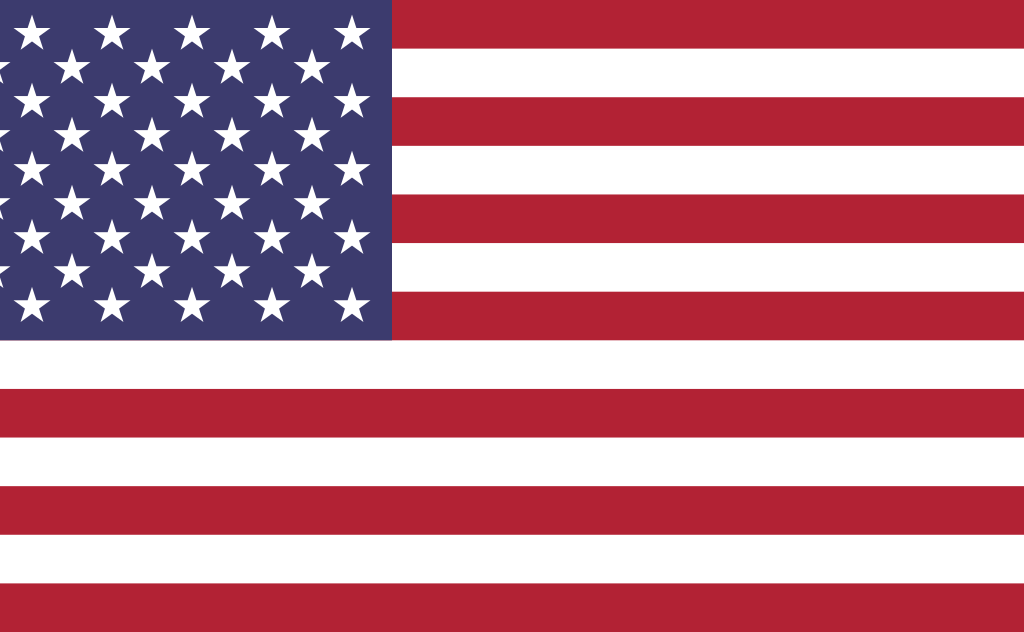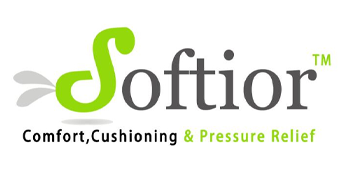California Transparency Act
The California Transparency in Supply Chains Act 2010 came into effect on 1 January 2012 in the State of California (the “Act”). The Act seeks the elimination of slavery and human trafficking from product supply chains and requires that qualifying companies disclose their efforts to achieve this.
Softior Inc. (“Softior” or the “Company”) has a zero-tolerance policy in respect to modern slavery practices and is committed to implementing internal procedures to ensure our business does all it can to safeguard against such activity.
Sustainability is not a preference or “luxury” for Softior but one of the founding principles of our business. It permeates our global operations and is the key driver to our long-term corporate strategy.
Softior understands that sustainability is not simply an environmental or technical concern but a value that applies equally to the human resources impacted by our supply chain. As such, we are proud to have introduced new measures to make our workforce and business partners more aware of modern slavery issues and human trafficking activities. We understand our work does not end here, however, and have a comprehensive compliance road map to ensure “zero tolerance” becomes a practical reality for all Softior operations, not just a distant ambition.
Softior is committed to legal compliance and ethical business practices in all of our operations worldwide. We choose factories, suppliers, material suppliers, contractors, and subcontractors who we believe in sharing that commitment.
Softior takes the risks of slavery and human trafficking in our supply chain very seriously. Like many companies manufacturing or selling products in California, we are required to comply with the Act. The law was designed to increase the amount of information available to consumers about the efforts of manufacturers and retailers to eliminate the risk of modern-day slavery, forced labor, human trafficking, and similar human rights violations (“slavery and human trafficking”) from their supply chain. Accordingly, below are some examples of how Softior is working to eliminate that risk from our supply chain.
- Verification
The Company internally assesses the risk of slavery and human trafficking concerning the supply chain for all of its products. To judge which of its sourcing countries presents the highest risk levels, the Company utilizes several publicly available governmental and intergovernmental resources. The Company continuously assesses its risk as these resources are updated and as new, credible resources become available.
- Audits
The Company conducts audits of its direct factories, suppliers, material suppliers, contractors, and subcontractors to evaluate compliance with the Company’s Supplier Principles, which include a standard for slavery and human trafficking in the supply chain. We utilize our staff to conduct both announced and unannounced factory audits on our behalf. Current Softior sourcing countries with good working environment programs include China and Taiwan. The Company also supports ongoing supplier improvements through training and technical assistance.
- Supplier Certification
The Company requires that all suppliers comply with applicable laws within their country of business regarding slavery and human trafficking. All Softior factories, suppliers, material suppliers, contractors, and subcontractors are required to adhere to the Softior Code of Conduct which, among other things, prohibits child labor and any form of forced, bonded, trafficked, indentured, or prison labor, and requires compliance with applicable laws and regulations regarding health and safety in working conditions.
- Accountability Standards and Procedures
Softiormaintains internal accountability procedures, which are communicated through our Code of Conduct and Business Ethics. All Company’s factories, suppliers, material suppliers, contractors, and subcontractors with production, sourcing, or quality control responsibilities, are provided with copies of the Softior’s Supplier Principles. In the case of non-compliance, the Company examines the specific situation and develops an appropriate strategy for resolution. Softior Compliance and Production teams meet regularly to review factories, suppliers, material suppliers, contractors, and subcontractors’ performance on social compliance and discuss production & quality control issues.
- Training
The Company provides training to its factories, suppliers, material suppliers, contractors & subcontractors, and employees with direct responsibility for raising awareness of slavery and human trafficking and focuses on mitigating the risks within our supply chain.


